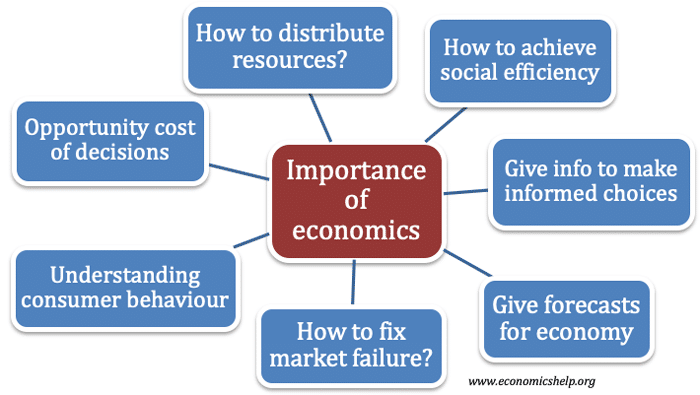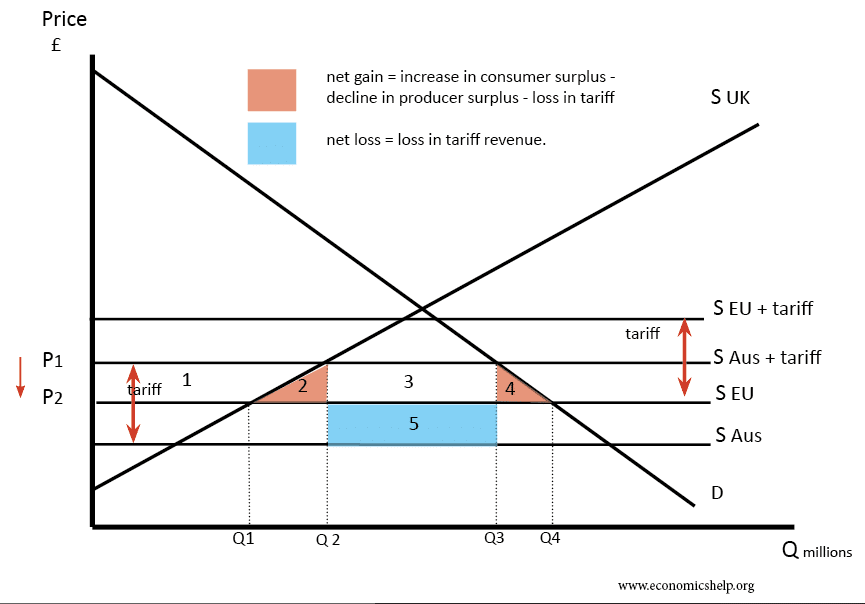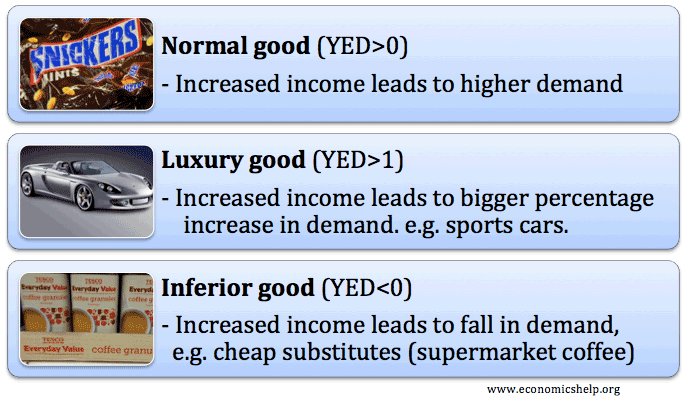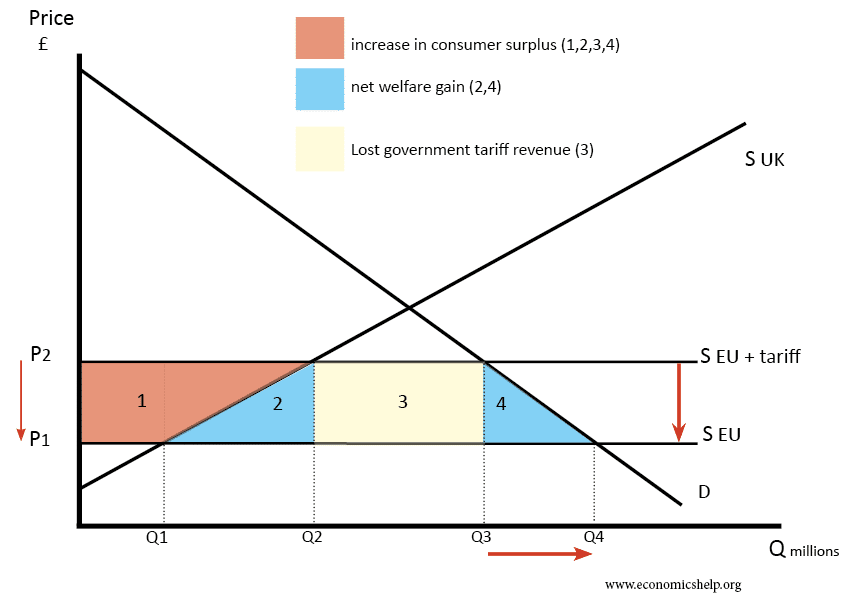The importance of economics
Readers Question: What is the importance of economics? Economics is concerned with the optimal distribution of resources in society. The subject involves Understanding what happens in markets and the macroeconomy. Examining statistics about the state of the economy and explaining their significance Understanding different policy options and evaluating their likely outcomes. Examples of the importance …






